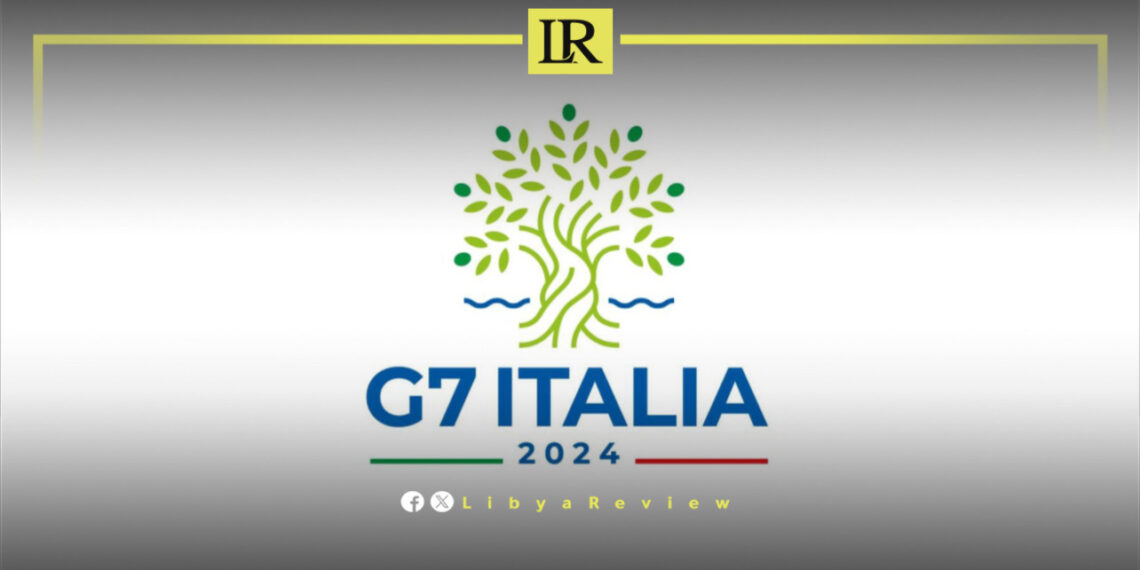On Saturday, the G7 foreign ministers reaffirmed their commitment to aiding Libya in resolving its prolonged conflict and fostering a peaceful and prosperous future. This commitment was highlighted in their latest meeting in Capri, Italy, where the ministers expressed their concerns about the political deadlock that poses a severe risk to Libya.
They noted that third-party state actors attempting to control Libya’s security, politics, and economy could destabilize the entire region.
In their concluding statement, the G7 urged all significant Libyan political factions to engage in meaningful dialogue to break the current stalemate and advance towards a credible roadmap for conducting free, fair, and inclusive national presidential and parliamentary elections without further delays.
The ministers also voiced deep concern regarding the deteriorating security situation in the Sahel region, exacerbated by the decline in constitutional law, democracy, and good governance principles. This situation has increased terrorist threats and activities leading to widespread suffering and the displacement of civilians.
The G7 foreign ministers underscored their intent to enhance cooperation with the African Union, regional organizations, and the United Nations to promote stability, security, good governance, and development in the Sahel. They aim to prevent the spread of insecurity to the Gulf of Guinea, and North Africa, and to manage irregular migration flows toward Europe and the Western Hemisphere effectively.
Libya has been in chaos since a NATO-backed uprising toppled longtime leader Muammar Gaddafi in 2011. The county has for years been split between rival administrations.
Libya’s economy, heavily reliant on oil, has suffered due to the ongoing conflict. The instability has led to fluctuations in oil production and prices, impacting the global oil market and Libya’s economy.
The conflict has led to a significant humanitarian crisis in Libya, with thousands of people killed, and many more displaced. Migrants and refugees using Libya as a transit point to Europe have also faced dire conditions.
The planned elections for December 2021 were delayed due to disagreements over election laws and the eligibility of certain candidates. This delay has raised concerns about the feasibility of a peaceful political transition.
Despite the ceasefire, security remains a significant concern with sporadic fighting and the presence of mercenaries and foreign fighters. The unification of the military and the removal of foreign forces are crucial challenges.


